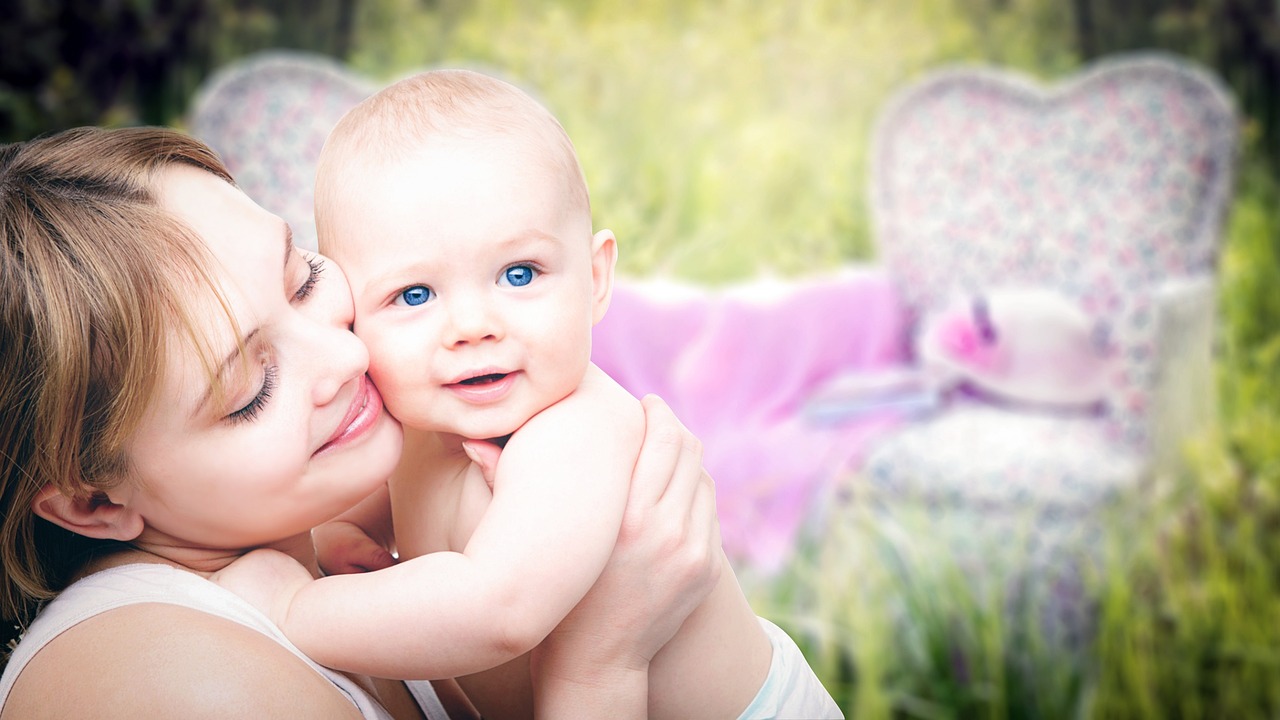When can Babies have Eggs? Benefits and Risks
Who doesn’t like a fried egg in the morning? Eggs are a staple food across many cultures. It’s simple, tasty, and versatile.
Eggs can either be made into their own dish or integrated into other foods. Eggs are also the main ingredient in a lot of baked goods. Thanks to eggs, people can enjoy a wide variety of meals.
Eggs are also very nutritious and a good source of protein. They also contain plenty of vitamins and minerals that the body needs to grow. And best of all, eggs are inexpensive and easily available.
Because of this, people of all ages enjoy the taste of eggs. And because of just how flexible and easy to prepare eggs are, parents might want their infants to have a taste.
The good news is that, for most babies, eggs are safe and healthy. So when should parents start introducing eggs to their little ones? And will introducing them to eggs early lessen the likeliness of allergies?
When Can Babies Have Eggs?
There was a time when pediatricians recommend that babies can only eat eggs after their first birthday. This was to ensure that babies don’t experience possible allergic reactions.
However, a study from 2010 shows that feeding babies eggs too early does not cause allergies. Instead, they concluded that feeding young infants eggs might actually protect them from allergies. This study also suggests that feeding babies later in life can lead to a higher risk of allergies.
So it’s safe to say that parents can start feeding their babies eggs when they turn 6 months old. During this stage of life, babies are already expected to eat more solid food alongside breast milk and formula. Parents can serve mashed boiled eggs or scrambled eggs to their infants around this age.
What Are The Benefits of Eggs?
Eggs contain plenty of nutrients that support the growth and development of infants. Both children and adults can benefit a lot by including eggs in their regular diet.
There is a myriad of reasons why eggs are so good for the body. As previously mentioned, eggs are a great source of protein. They help build muscles and strengthen the body.
Eggs also contain vitamins, including vitamin A, E, B5, and B12. You’ll also get your daily dose of iron, iodine, and phosphorus in a serving of two eggs a day.
Eggs have also been linked to positive side effects in the body. This includes weight management, eye health, and mental health. And because eggs are a source of good fat and cholesterol, they are not linked to obesity and heart diseases.
To learn more about the health benefit of eggs, you can visit Australian Egg’s article right here.
What Are The Risks of Eggs?
Sadly, not everybody can enjoy the taste of eggs. Eggs are one of the most common allergy-causing food in the market. An estimated 2% of children are allergic to eggs.
Babies are more likely to be allergic if their family has a history of allergies. Other allergies such as nut allergies or dairy allergies can contribute to an infant being allergic to eggs.
Allergies are dangerous and life-threatening. Parents must keep a lookout when they see symptoms of allergic reaction in their babies.
Rashes, sickness, nausea, diarrhea, itching, difficulty in breathing, and rapid heartbeat are a few of the symptoms of egg allergies. Eczema and skin diseases are also linked to food allergies.
Luckily, some children can outgrow their egg allergies. Otherwise, babies and children who have allergies should avoid or minimize eating eggs.
How To Introduce Eggs To My Infant
When your pediatrician allows you to serve solid food, you can start introducing eggs on their own to your baby. Because of their soft texture, eggs are less likely to be choking hazards.
Parents can first give their babies pureed hard-boiled eggs. You don’t have to include the whole egg immediately. Serving only half of it with a mixture of breast milk or formula can be a good introduction.
If you notice that your baby likes eating the eggs, you can introduce it more into their diet. Once they become older, you can serve them more variety of egg dishes.
Ways To Prepare Eggs for Babies
You don’t have to just stick to hard-boiled eggs all the time. Once a baby is old enough to enjoy more solid food, you can prepare different egg dishes for them.
There are many ways to cook eggs for your infant. You can start simply by making scrambled eggs or fluffy egg sandwiches. And when you want to introduce more meat and veggies, you can make them omelet or egg tarts.
You can also integrate eggs into different food. You can make egg drop soup or egg fried rice for your baby to enjoy. Desserts like egg custards are also good as an occasional treat.
If you are interested in more eggcellent meals, you can check out Mom Junction’s recipes over here.
Parents should always keep in mind to thoroughly cook their babies’ eggs to avoid salmonella. It’s also important to properly slice and mash eggs to avoid choking.
Conclusion
Eggs are a part of a lot of people’s diets. People around the world include eggs as a part of their daily meals. You can get your daily dose of protein, vitamins, and nutrients with just two eggs.
Eggs are, for a lot of babies, safe to eat. Infants can start eating eggs at the age of six months. As long as they don’t experience allergic symptoms, they can freely enjoy eggs in almost all its form.
However, babies who do have egg allergies should be careful. Eggs can cause negative side effects that can be dangerous. It’s better to skip the eggs for your babies if your family has a history of egg allergies.
Eggs are very versatile in the kitchen. One day you can be eating a Spanish omelet, and the next day, you’ll be having poached eggs on toast. The possibility is endless with a flexible ingredient like eggs. The only limit you have is your imagination and your baby’s belly capacity.










